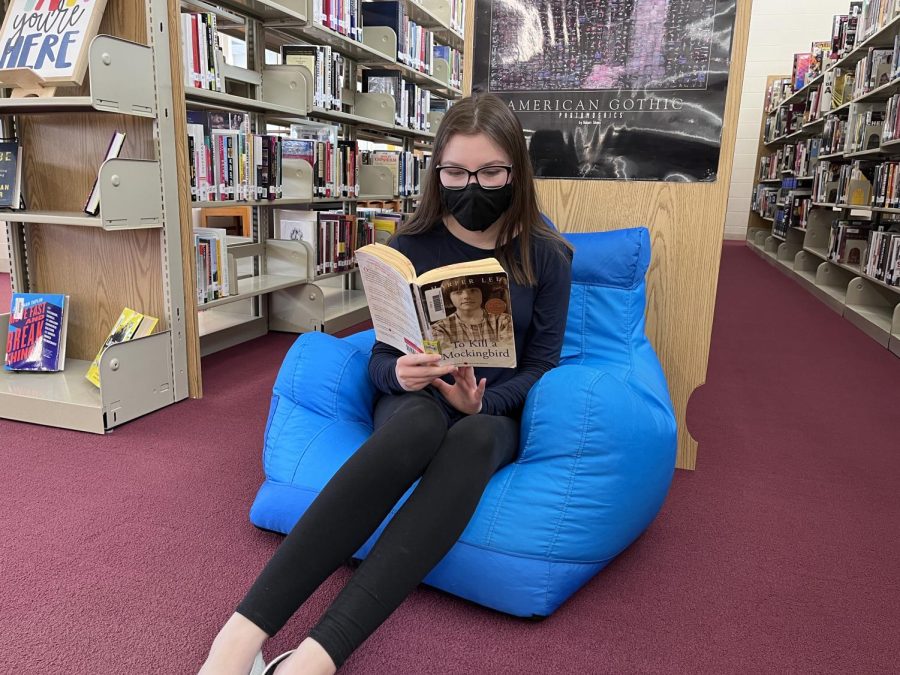It is human instinct to reject ideas that make one uncomfortable. This is the main reason behind the banning of certain books in libraries. However, banning certain novels can end up causing more damage rather than protecting readers.
The process of banning books is quite simple; it begins with a challenge by a community member to remove a certain book from the shelves. Some books are challenged due to the presence of racism, irreligious remarks, sexual situations, violence or other sensitive content. The book must also fail the Miller Test for Obscenity in order to be challenged. Then, the institution in question either removes the book or strikes down the challenge.
Though the process may only take a few steps, removing books from libraries is detrimental to individuals.
English teacher Jenni Levora expressed her opinion on banning books with controversial views. “I think it prohibits students from stepping outside their narrow lives. Books let you travel vicariously through other countries, cultures, perspectives, experiences and it is a way to establish stronger critical thinking.” Novels enable readers to jump into worlds that are different from their own and build a sense of empathy for those who are different from themselves.
Similarly, forbidding certain books hinders the accessibility of information. Librarian Carissa McDonald emphasized society’s need for knowledge. “In terms of preventing people from having access to information and as a librarian, access to information is very important to me,” she said. Many of the societal issues present in stories are accurate and current events which makes some uncomfortable as they present conflicting viewpoints. However, books should not be removed solely because someone does not agree with the information presented.
Here at PV, many have read “To Kill a Mockingbird” by Harper Lee in English classes. The novel depicts the racism and prejudice surrounding a small town trial. However, its use of the n-word and heroic portrayal of Atticus Finch have made it a controversial book. Many schools banned it after concerns from parents and students.
Levora shared how she handled the use of a racial slur when teaching “To Kill a Mockingbird.” “I always made sure that we talked about its use.” Properly addressing a conflict is a progressive way to have discussions about controversial topics. They can not be hidden from, so the best way to attack them is to have the necessary conversations.
Many books, including “To Kill a Mockingbird,” comment on American history and the prejudice-driven mistakes within it which make many uncomfortable. Levora stated that controversial novels teach many about different historical conflicts. “To understand the experiences of people in our country for the last 100 years, you have got to think there was a time when that word was thrown around and you were labeled.”
It is important to acknowledge that many of the issues portrayed in these novels have been faced in the past. Authors write these books so younger generations can educate themselves on these mistakes that have been made. If controversial books are taken off shelves, history will repeat itself.
At PV, it is important to have discussions about societal issues. One of the easiest ways to start these conversations is reading books with controversial issues and discussing the ethics behind them. Though some of them may be difficult to read, they will help advance our society as a whole.









